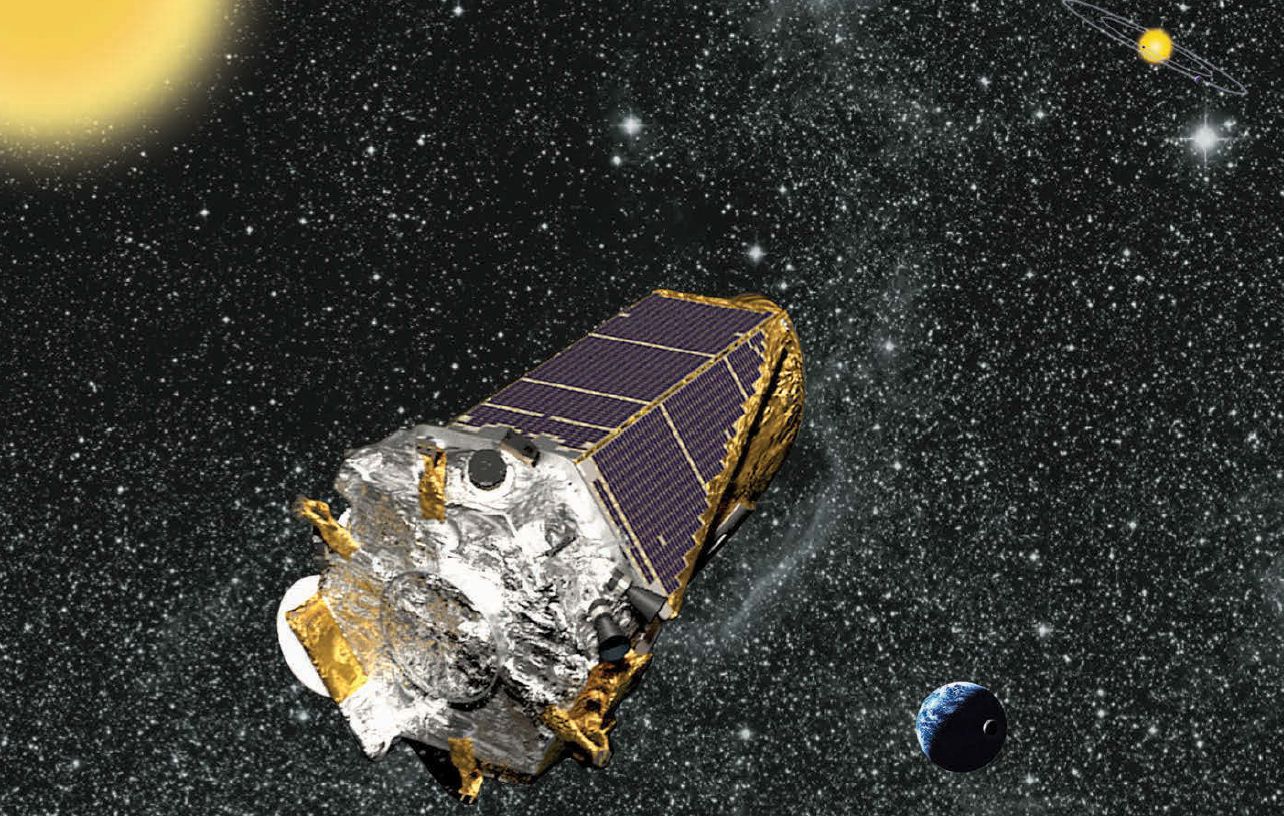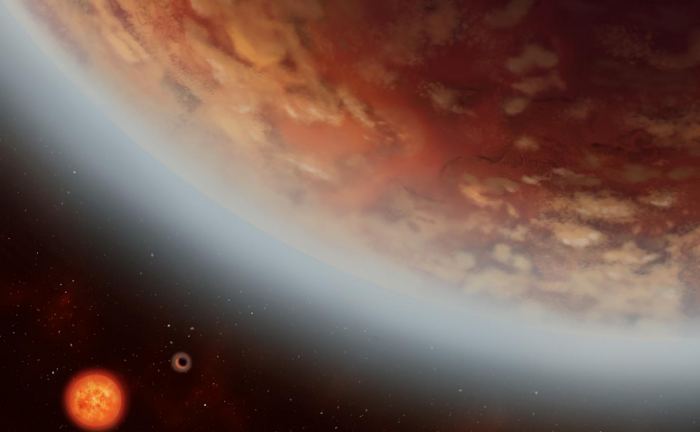
Friday's launch went off without a hitch, with the Falcon 9 booster sending a Dragon spacecraft into a good orbit to reach the ISS. This marks the company's 20th successful landing overall.

Google Machine Learning Technology recently helped scientists at NASA discover two new planets far outside the solar system.

NASA will be hosting a somewhat unusual press conference on Thursday to announce the latest find from its planet-hunting Kepler Space Telescope.

This black hole resides in a luminous quasar and its light reaches us from when the Universe was only 5 percent of its current age — just 690 million years after the Big Bang.

The Echelle SPectrograph for Rocky Exoplanet and Stable Spectroscopic Observations (ESPRESSO) has successfully made its first observations.

While examining a previously-discovered exoplanet, an international team of astronomers discovered a second Super-Earth around the star.

The discovery is a major game-changer for planning our relationship with the Red Planet in the future. The good news: There will be salads.

The experiment has directly detected a sudden drop-off in the electrons hitting the satellite.

The Very Large Telescope in Chile has taken the deepest spectroscopic survey of space ever, with astronomers focusing on the Hubble Ultra Deep Field.

MIT team designed an environmentally friendly city for the red planet that mimics a forest, with solar-powered dome tree habitats connected with roots, or tunnels.

ALMA has revealed signs of eleven low-mass stars forming perilously close — within three light-years — to the Milky Way’s supermassive black hole, known to astronomers as Sagittarius A*.

According to a recent study, space dust could be what brought life molecules to Earth. This same mechanism could be responsible for the distribution of life throughout the Universe.

Scientists know of 750,000 or so asteroids and comets—and all of them are part of this fine solar system. That is, all of them but one. And as new research shows, it is weird.

A team working with HARPS in Chile has found that the red dwarf star Ross 128 is orbited by a low-mass exoplanet every 9.9 days. The exoplanet is expected to be with a surface temperature close to that of Earth.

Astronomers think that Earth is showered by 'anti-electrons' because of pulsars, but there are more of these particles coming at us than there should be.